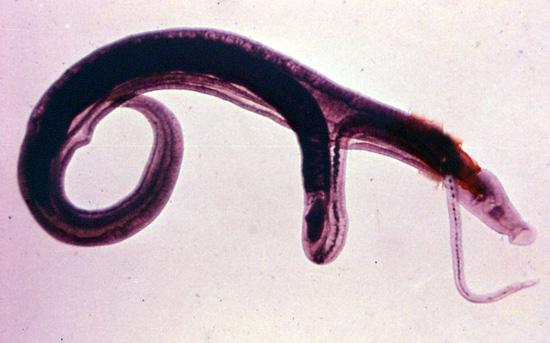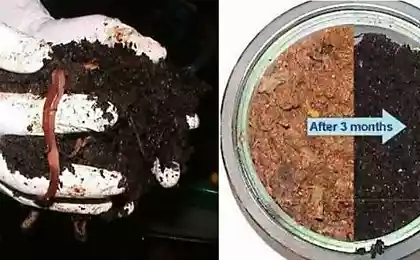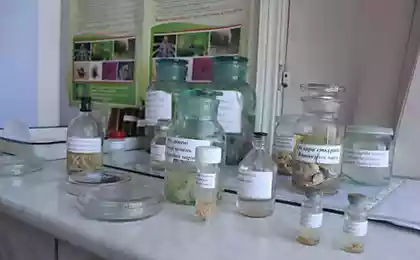755
Parasitic worms, schistosomes can live in the body for decades

These worms are born in water contaminated with faeces, and in the human body to penetrate the skin. The reason for the longevity of parasites, according to the researchers, may be stem cells, allowing them to regenerate.
Researchers from the University of Illinois, led by biology professor Phillip Newmark suggested that schistosomes can regenerate on the same principle as the planarian - tiny worms that live in fresh water. They can fully recover, even if there was only one of the three hundredth of their original size. This occurs because the stem cells used planarians called neoblasts that can be reconstructed into virtually any type of cell in the body. Since both types of worms about the same lifespan, the researchers suggested that the two species have similar cell types. In the end it turned out that one of the schistosome species, Schistosoma mansoni, using proliferating cells that can reach any part of the need of restoring the body of the worm.

According to the World Health Organization, a parasitic disease known as bilharzia, affects about 230 million people each year. Schistosomiasis is not lethal, but the chronic form of the disease can be dangerous, especially for children - often it leads to delays in development.
via factroom.ru























